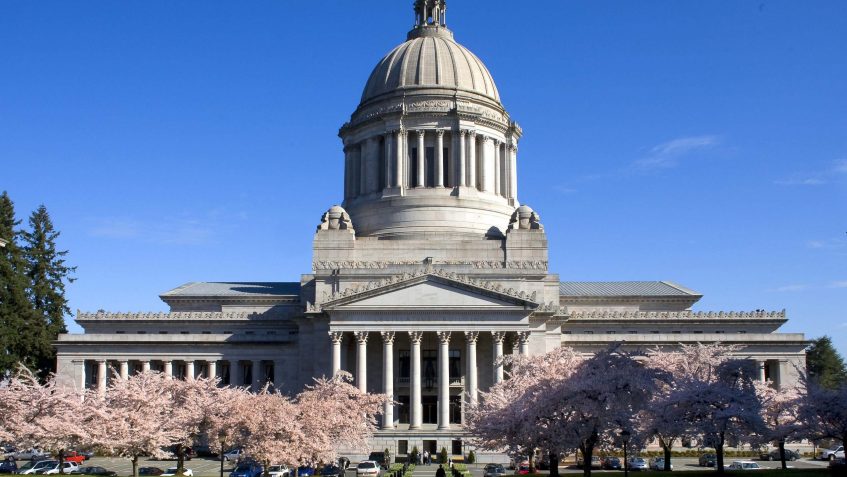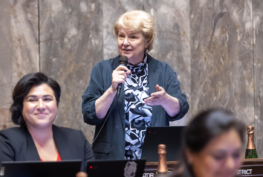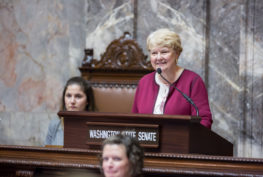I’ve heard from dozens of cosmetologists who were fearful that my intent was to take away their livelihood. Let me say in the strongest possible terms that is not my intent, and I promise you it will not be the outcome of this effort.
I hope removing the language regarding a booth rental ban will alleviate these concerns. The original bill was not fully understood as a proposal for tax fairness, which remains its primary goal.
The concerns I’ve heard have prompted two key changes to the bill:
- The section banning booth rentals will be removed.
- The scope of the bill will be broadened to apply to barbers.
Unfortunately, there is a lot of confusion and misinformation about what the bill actually does. I hope that this hearing will result in a clearer understanding of the legislation. Bills are always a work in progress, and no bill begins as it ends.
The bill before us brings forward the question of tax fairness—for both stylists
and salon owners, and whether two individuals performing equal work are getting equal treatment.
Last summer, a Spokane woman who owns a small salon, contacted me to consider what she called the unfair treatment of salon owners who employ cosmetologists. I was interested in her evidence and looked for corroboration. I spoke to my own hair salon owner who agreed there was a big problem in the industry with some salon owners treating booth renters more like employees than true independent contractors.
Research revealed that two states had already acted on this issue passing new laws. My bill was patterned on those successful laws in Pennsylvania and New Jersey.
Let me lay out part of the issue in our state:
In 1991, the legislature passed a law that explicitly states booth renters are independent contractors for the purposes of B&O taxes. That is current law; booth renters are independent contractors by legal definition.
This created an unequal tax burden.
Consider two salons:
One is a salon owner who employs six cosmetologists, each of whom generates $50,000 a year in services and product sales. The salon owner has revenues of $300,000 a year and is subject to our gross receipts tax, known as the B & O tax. The salon owner must pay B & O taxes on those $300,000 dollars in
revenues.
Or take the second case: Another salon owner rents six booths to six cosmetologists who each generate $50,000 a year. Each individual booth renter is separately reporting gross receipts that fall below the minimum tax rate of $56,000 a year, that is our state’s small business B & O tax exemption.
So not one penny of B & O tax is generated from the same $300,000 in gross receipts from the same activities.
SB 5464 is scheduled for public hearing at 10 a.m. Monday before the Senate Committee on Labor & Commerce.
###
For information: Bre Weider, Senate Democratic
Communications, 360-786-7853
[/vc_column_text][/vc_column][/vc_row]





